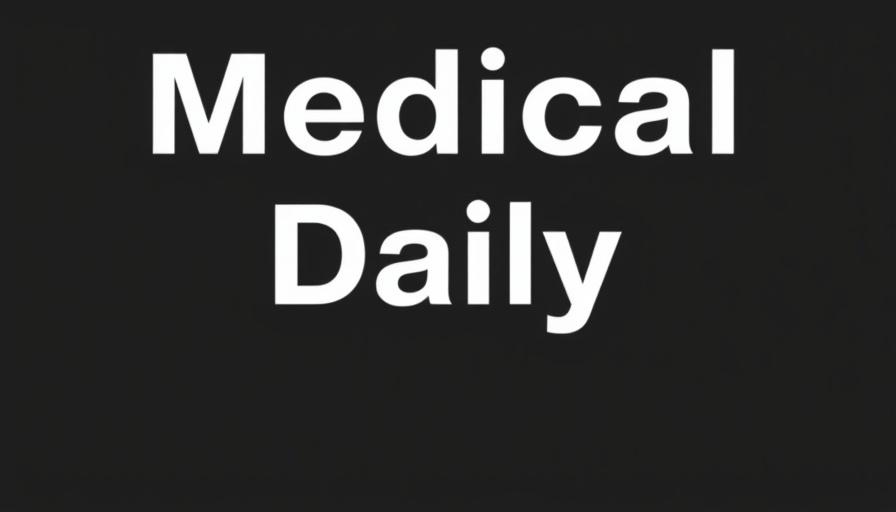
RFK Jr.'s Claims Under Fire: A Reality Check
In a recent Fox News appearance, Robert F. Kennedy Jr. sparked controversy with a slew of statements regarding vaccines that have been swiftly labeled as false by experts. Claiming that 97% of members on the CDC vaccine advisory committee have conflicts of interest and that children receive between 69 and 92 mandatory vaccines, Kennedy's remarks have ignited a firestorm of debate. This article will dissect these claims and examine the facts behind them.
The Science Against Misinformation
Dr. Jake Scott, an infectious disease expert at Stanford, took to social media to debunk Kennedy's accusations. Critiquing Kennedy's assertion about conflicts of interest, Scott referenced a Reuter’s investigation that showed roughly 41% of committee members had received payments from the industry. However, these payments were minor, generally covering travel or meals, not indicating a pervasive conflict. The CDC maintains strict regulations requiring members to recuse themselves in the event of potential conflicts.
Clarifying Vaccine Mandates for Children
When discussing the number of vaccines children must receive, Kennedy's figures seemed exaggerated to even the Fox News anchor conducting the interview. Taking Scott's insights into consideration, it becomes clear that most states mandate approximately 30 immunizations, a figure far removed from the 69-92 range suggested by Kennedy.
The Truth About Vaccine Trials
Perhaps one of Kennedy’s most alarming statements was claiming that only the COVID-19 vaccine has undergone safety testing through placebo-controlled trials. Scott categorically rejected this claim, noting the existence of a substantial database with 164 placebo-controlled trials for various vaccines. He provided evidence for childhood vaccines that have indeed gone through rigorous testing, ensuring their safety and efficacy.
Understanding Vaccine Safety Monitoring
Kennedy's assertion that the risk profiles of vaccines are unknown was met with further criticism by Scott. He explained that about 90% of vaccine studies include thorough safety outcome reports to monitor potential side effects. Scott highlighted successful interventions following the identification of safety issues with vaccines, showcasing the ongoing commitment to public health safety.
The Immunological Impact of Vaccines
Contrary to Kennedy's alarming claims, Scott challenged the idea that vaccines deregulate the immune system. In fact, vaccines educate the immune system by exposing it to specific antigens, equipping it to better fight real infections in the future. This perspective underlines the importance of trusted medical interventions in safeguarding public health.
Conclusion: Trust the Science
As Kennedy's statements continue to resonate within the discourse on vaccinations, it is crucial to base our understanding on verified, factual information rather than unchecked claims. The benefits of routine childhood immunizations are clear; not only have they dramatically reduced the incidence of various diseases, but they've also contributed significantly to lower child mortality rates. As we navigate this ongoing debate, let us lean into science and expert insight to make informed decisions.
 Add Row
Add Row  Add
Add 




 Add Row
Add Row  Add
Add 

Write A Comment